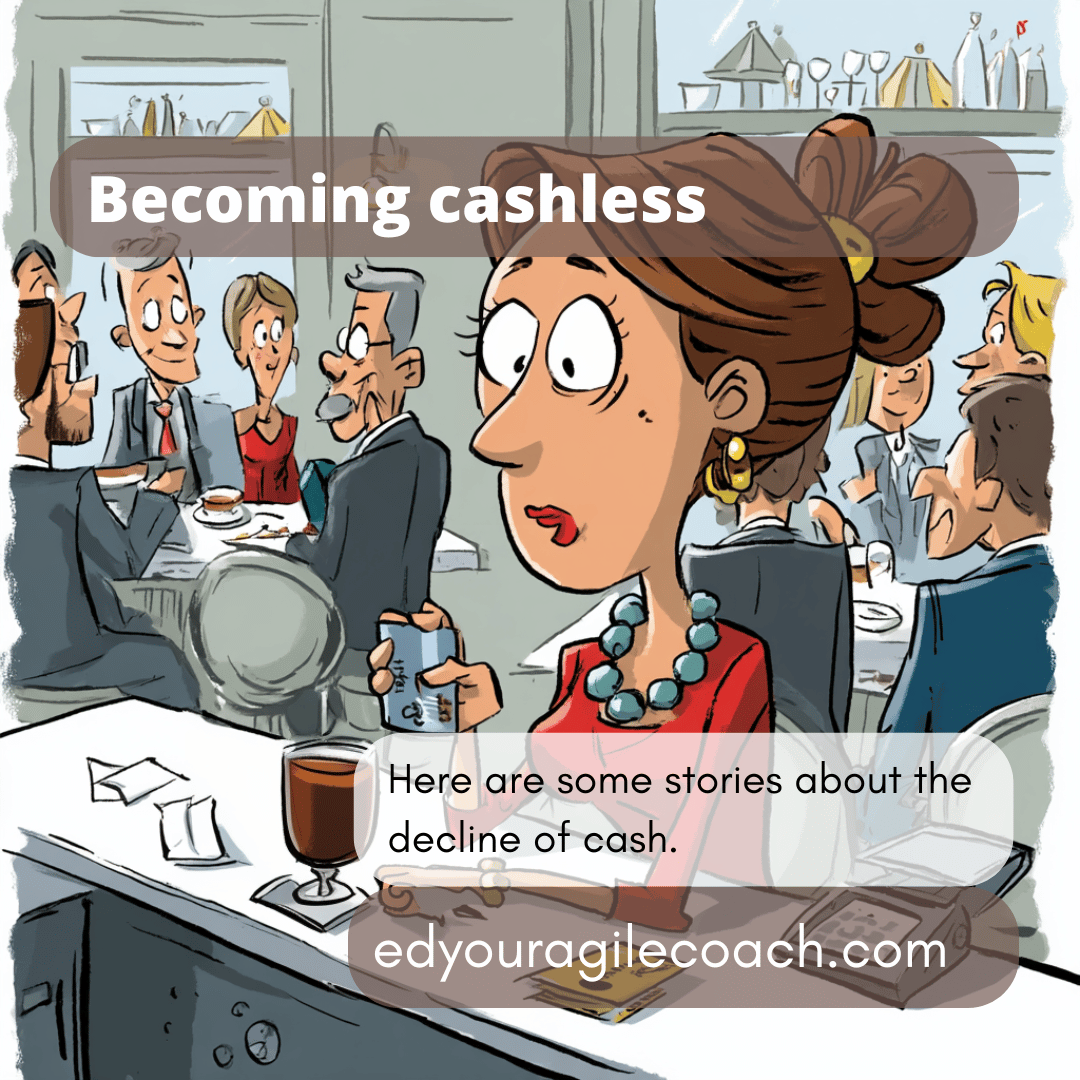Cash's Last Stand: Pennies Disappear as Digital Payments Consolidate Power

I joke with my colleagues that the first agilist was a pre-socratic philosopher named Heraclitus. While not as famous as Aristotle, Heraclitus was fascinated with change and how the world around us looks stable while constantly changing. The questions he asked two thousand years ago feel more relevant today, with cable TV news and the internet swamping us with information each minute. This week, I noticed two stories you might have missed and will affect how we pay for things.
Saying Goodbye to the Penny –
The BBC reported this week the US Mint had ended the manufacture of the one-cent piece. The debate over the penny has lingered for the last thirty years, but the fact that it cost more to manufacture than its actual worth sealed its fate. The United States will continue to calculate the cost of goods to one-hundredth of a dollar, but the coins in circulation will not be able to handle those transactions. Merchants will round up or down to the nearest nickel when people pay with cash. It also ends the informal tradition of leaving pennies at the counter in the convenience store or using them to make up a small deficit.
The end of the penny is also a harbinger of another trend. We are living through the slow demise of cash. It will not go away entirely, but using cash to make payments will become less socially acceptable. The United Kingdom did not mint any paper money or coins in 2024 because they did not need more cash. Smart wallets, credit cards, and debit cards make transactions easier and more secure.
Cash will still be necessary but will play a less prominent role as these electronic transactions take over. The local casino, garage sale, or drug dealer will still demand cash, but we are becoming a cashless society. The end of the penny is just another step along this path.
Discover/Capital One Deal is Official –
After a year of legal wrangling and the blessing of the Trump administration, Capital One and Discover Card are the same company. Last year, I covered this event's announcement, which has progressed exactly as expected. Capital One wants to own every step in the credit card purchasing process. Discover was another piece of that puzzle because it merges the two companies' customer databases into a giant pool of consumers.
It's hardly a revelation: Capital One and Discover are behind the drop in cash usage, making payments effortless. Their technology is funded by the interest rates they charge for their services and the fees they extract from merchants using it.
I have mixed feelings about the move as the consumer credit card industry becomes more concentrated. Borrower rates will increase because there will be less competition, and your reward points will also decrease. I also see Capital One as hostile to the agile movement. They appear to be more interested in power and control than innovating in the credit card space. Epoc Philosophy, on its YouTube channel, calls this "spectral capitalism," and I recommend you watch it.
The times are changing, and we are moving away from cash as a society. As agile professionals, we should recognize it and find ways to adapt to this new reality.
Happy Memorial Day, and until next time.
It only took 14 years but the mint finally ended the penny.




Comments ()